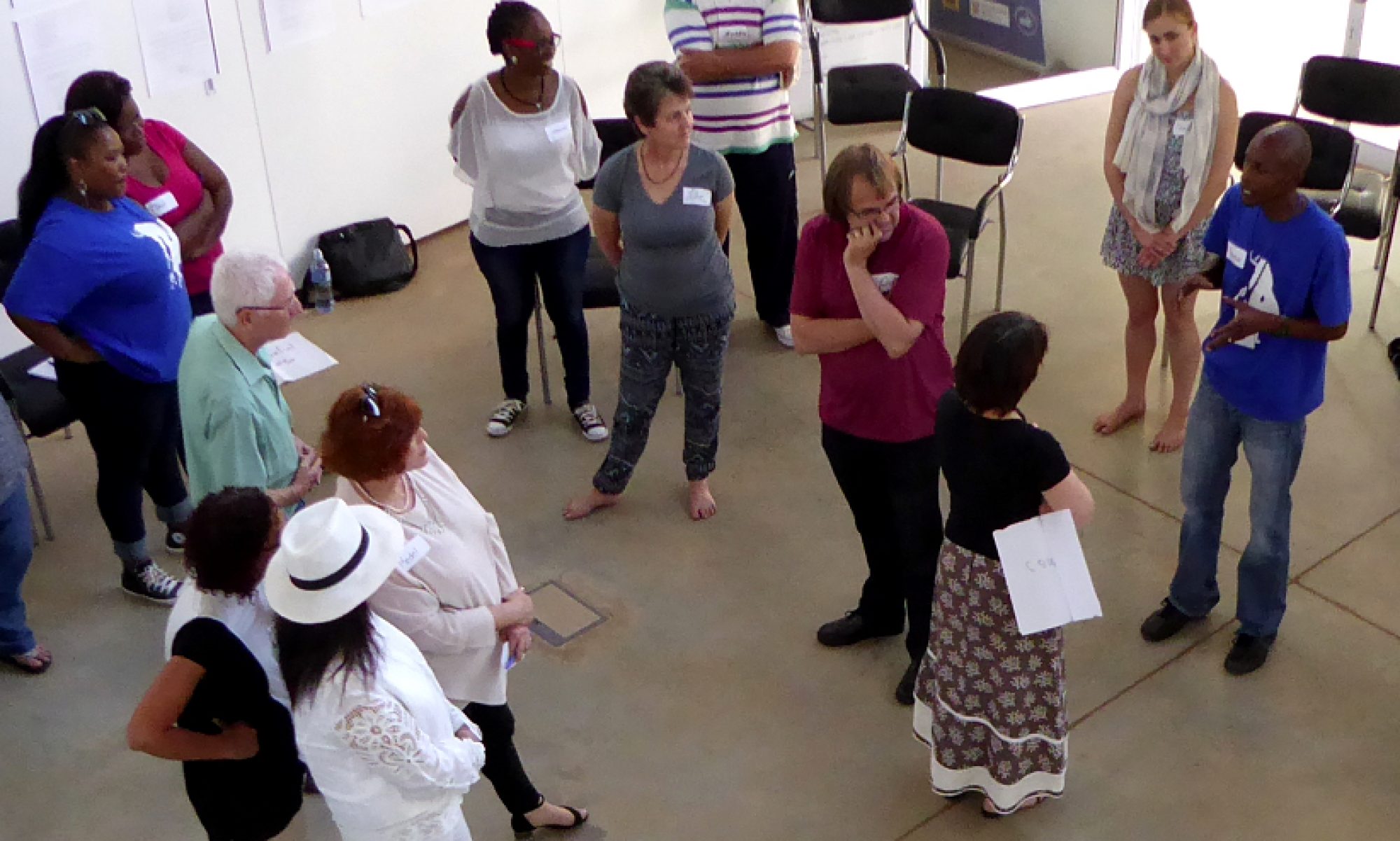How stories ignite values in children
What follows is a series of slides I used for a 90 minute workshop I presented to grade 1-3 teachers. The workshop was done first on 2 Feb 2010 in Cape Town and repeated on 9 Feb in Johannesburg. I did it in partnership with the Kids Development Academy. Thank you to them for a well put together experience! Thanks too to all the wonderful teachers who attended and participated with such enthusiasm.
The slides below will probably make more sense to the teachers who attended than to the casual net surfer who happen to come across them. If you have any questions, by all means contact me.
Outcomes
• Insight into the link between story and values
• Ideas for lessons
• An experience of the power of stry.
Building character
The link between stories and values
Between the head that understands and the hand that acts, lies the treacherous landscape of the heart.
Why bats hang upside down
The story
Reflection questions
• How many of you have felt like this in your life?.
• Close your eyes and think about bat hanging upside down weeping.
• What is he feeling?
Get the feelings expressed
• Draw this weeping upside down bat.
• Lets all pretend to be bats. What clever way can you use your bodies to look like upside down bats?
• Let’s close our eyes and think what a bat’s cry might sound like.
• Let’s right down the words that describe these feelings
Exercise
• Pretend that you are one of the animals or birds at the party and you heard about bat being thrown out.
• Make a card for bat to make him feel better
What can you draw/write to make him feel better?
• Put it aside for moment.
How values work – the story

How values work – the theory

Counter reflection
• How many of you have been in Baboon or vulture’s shoes?
• How does it make you feel?
• Knowing how bat feels, does that change anything?
• Are there situation where kicking people out is important? Discuss/ find an appropriate story.
Stories hold up a mirror to your heart
Why use stories?
• Creates a safe space
• Brings distance for reflection
• Transforms abstract into concrete
• Participatory: involve entire person
• Purpose driven
• Particular to a community
• Communicate universally: symbols & archetypes
• Playful
• Learner centred
Final reflection
• What kind of person are you?
• What sort of class are we?
• Make a big painting/write the words/ create a song…

